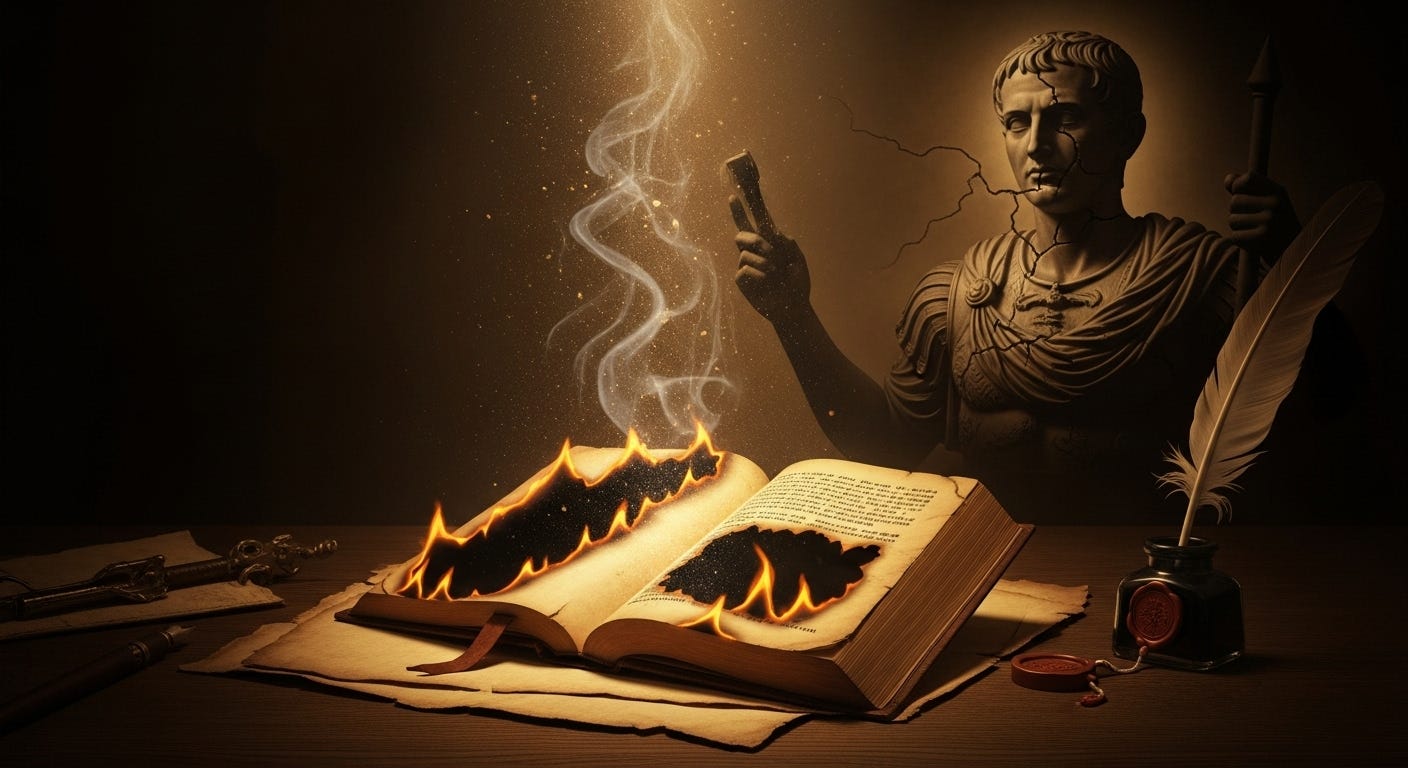The Censored Pages of the Bible to Keep You Quiet
The story of how a gospel of freedom was rewritten into a manual for obedience.
They say the Bible survived everything — fire, war, empire, time itself. Maybe that’s true. But survival comes at a price.
Long before it was printed in gold and placed on altars, it was whispered in the dark by people who weren’t supposed to have it. Farmers, slaves, women, the poor — people who read it not for comfort but for courage. They believed its…



